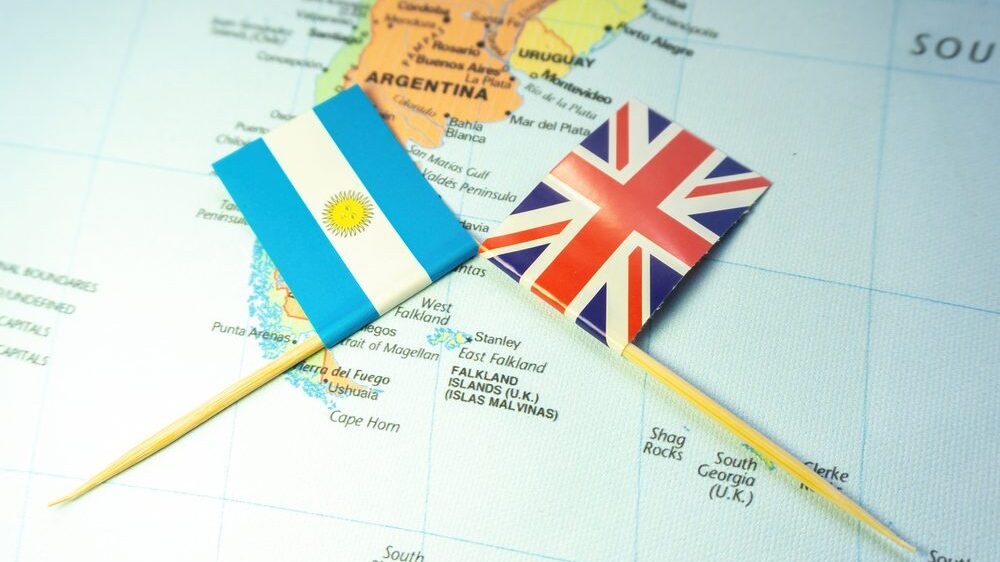
A diplomatic spat has broken out between London and Brussels after the EU signed a deal endorsing the Argentine name for the Falklands. The archipelago is a British overseas territory, but Argentina maintains its claim, which led to the Falklands War almost half a century ago.
In a joint declaration, the EU referred to the territory as Islas Malvinas. Buenos Aires was quick to declare this a “diplomatic triumph.” But British officials were far from amused.
The deal between Brussels and the Community of Latin American and Caribbean states read:
Regarding the question of sovereignty over the Islas Malvinas/Falkland Islands, the European Union took note of CELAC’s historical position based on the importance of dialogue and respect for international law in the peaceful solution of disputes.
UK diplomats demanded that European Council President Charles Michel
“clarify” the EU’s position on the matter. The bloc decided at first to rub salt in the wound, issuing a statement that appeared to suggest “Islas Malvinas” was used as a snub because of Brexit. One EU official told the Financial Times:
This was agreed by 27 member states … The UK is not part of the EU. They are upset by the use of the word Malvinas. If they were in the EU perhaps they would have pushed back against it.
Former MP Nick de Bois said that the choice of language was “probably motivated by lingering petty anger over Brexit” and described the move as “reckless [and] ill-judged.” Businessman Michael Keegan added: “A new low for the EU and another reason why I now regret voting Remain [in the 2016 referendum].”
Why should we be surprised that the EU don’t respect the principle of self determination – that the people of the Falklands decide their future.
— Nick de Bois CBE (@nickdebois) July 20, 2023
Probably motivated by lingering petty anger over Brexit, this is a reckless ill judged move. https://t.co/fo8MNsXm6t
Reports show that EU officials have since clarified that the bloc’s position on the Falklands’ sovereignty has not changed. But it is too late to change the declaration.
The Times added that British diplomats had previously warned that Argentina would exploit a recent summit to push its claim for the Falklands, and that “their fears having materialised, a spokesman for the EU foreign policy service was forced to issue a clarification on the matter.”
The row, caused in part by Brexit-related spite but also possibly by ignorance in Brussels about the weight of this issue in Britain, could also have stemmed from the EU’s attempts to cosy up to South America amid attempts to secure new trading arrangements.
